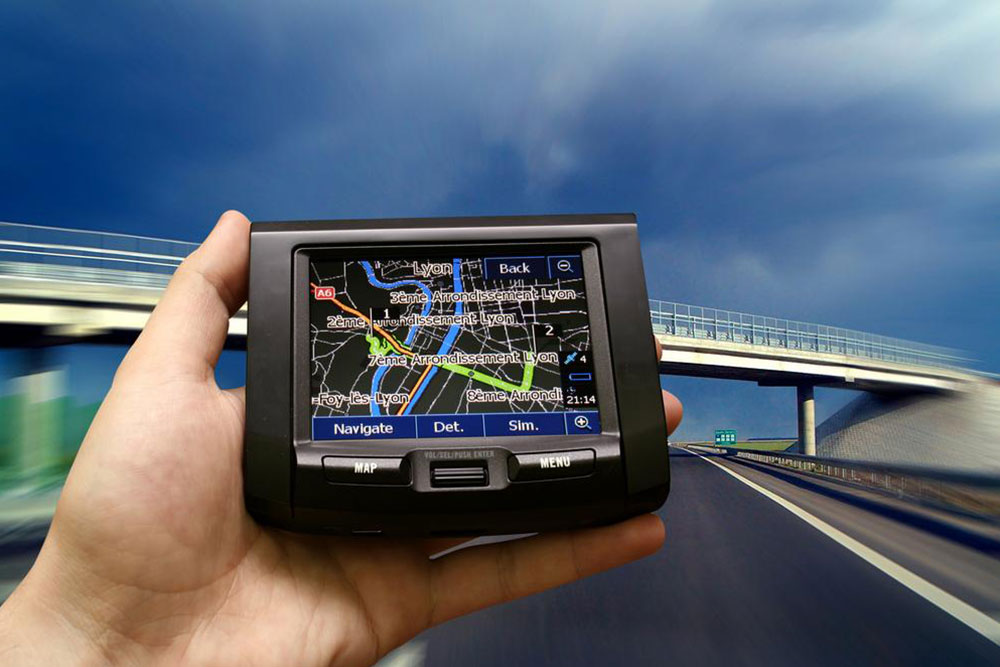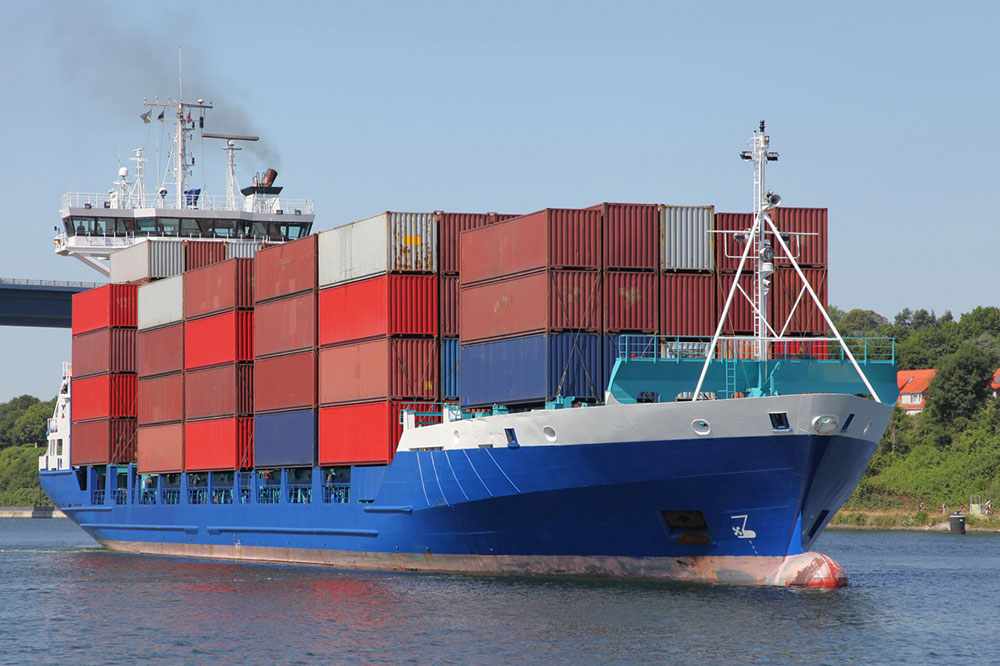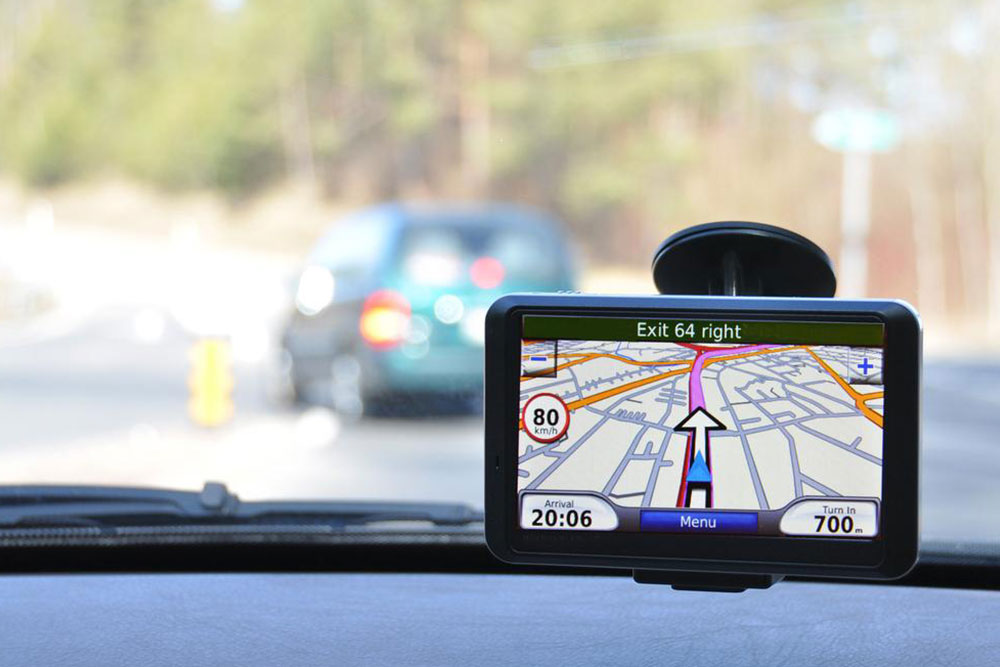Importance of GPS Technology for Public Transportation Fleets
This article highlights the crucial role of GPS technology in managing public transportation fleets, emphasizing safety, real-time tracking, and coordination during events and daily operations. It underscores the need for sophisticated systems to ensure passenger safety, punctuality, and seamless multi-modal transport. Modern GPS fleets enhance operational efficiency, safety protocols, and emergency handling, making them indispensable for transit authorities. The content provides insights into how advanced tracking solutions transform fleet management in complex scenarios, ensuring high service standards and security.

Importance of GPS Technology for Public Transportation Fleets
Managing transit fleets involves unique challenges that differ from standard commercial or construction vehicle operations. Public transportation services prioritize passenger safety and comfort, requiring specialized features beyond typical fleet management. Coordinating large-scale local, national, or international events adds layers of complexity, including safety protocols, punctuality, multi-language communication, and multi-modal transport coordination. Real-time data access is essential for overseeing these activities efficiently and ensuring accountability across all platforms.
Passenger safety features such as door warnings, station announcements, route deviation alerts, and emergency management are vital for customer satisfaction. Event organizers managing large-scale gatherings require live dispatching, vehicle tracking, and rapid rerouting capabilities to respond instantly to issues. Integrated software solutions and interoperability among multiple teams ensure seamless coordination, safety, and security. Modern GPS fleet tracking systems safeguard passengers, drivers, volunteers, and logistics staff, providing panic alerts and emergency responses where necessary.
These requirements highlight the advanced technological infrastructure necessary for efficient transit fleet management. Such systems expand beyond typical fleet operations, ensuring safety, punctuality, and high service standards in complex and demanding environments.










